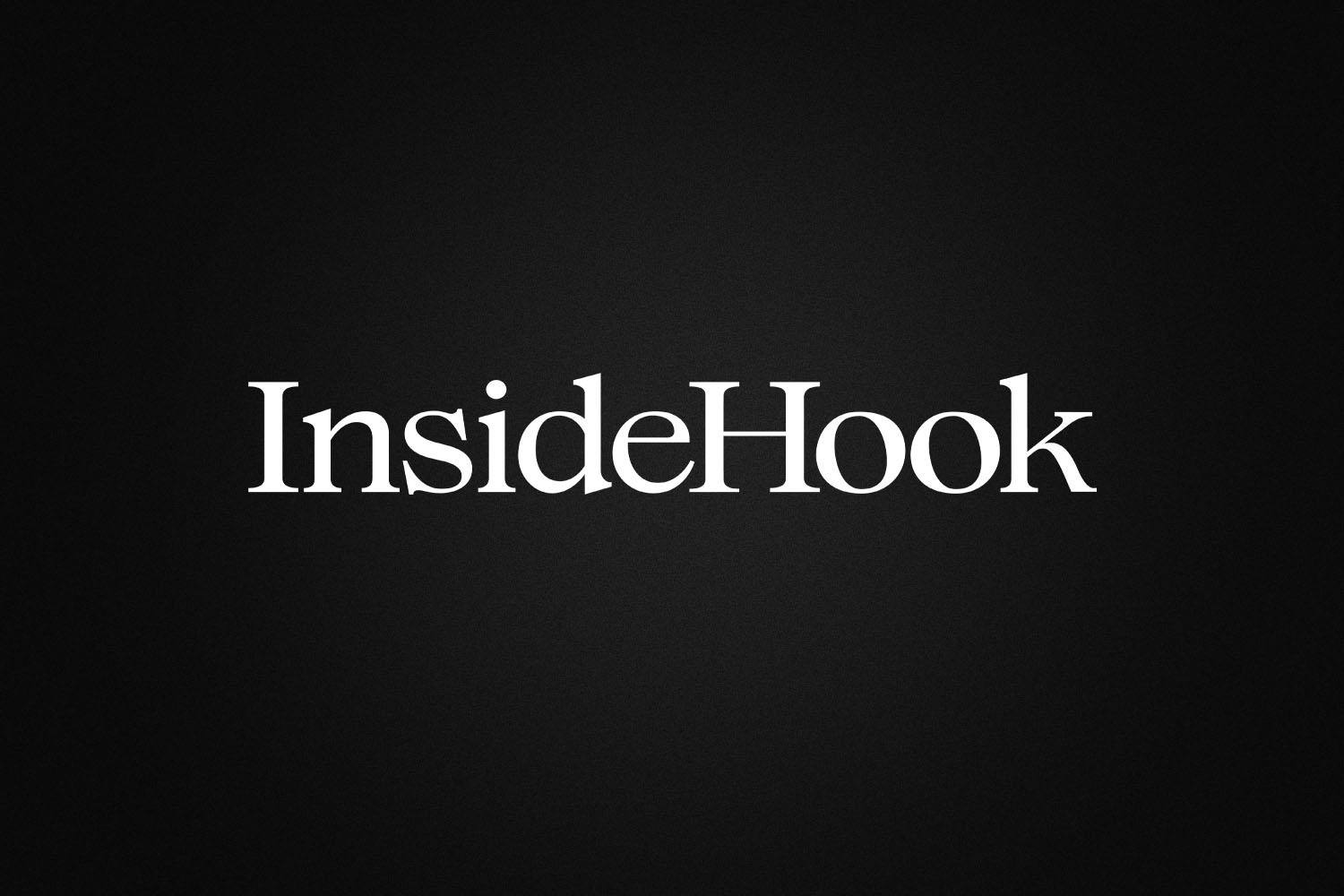In Anthony Burgess’s A Clockwork Orange, Alex and co. speak in a patois so memorable that three words in the Oxford English Dictionary — droog, your and thou — reference the novel as source material.
The words were all part of Nadsat, a fictional language created by Burgess. But the writer was equally fascinated by real-world slang. He incorporated tons of 1920s-30s Manchester slang in his novel The Pianoplayers, he riffed on Elizabethan English in his novel on Shakespeare, Nothing Like the Sun, and drew from his own military experience for the dialogue in Napoleon Symphony.
As reported by The Guardian, the novelist was even commissioned to write a dictionary of slang for Penguin Publishing, a project he eventually abandoned after coming to terms with its breadth: “I’ve done A and B and find that a good deal of A and B is out of date or has to be added to, and I could envisage the future as being totally tied up with such a dictionary.”
In short, he gave up the pursuit because he couldn’t get it right. But the Anthony Burgess Foundation recently found his research for the project in a collection of his papers. Each of the 886 words were written on 6×4 cards. He only got as far as A, B and Z. Here some of the former:
Abdabs (the screaming) – Fit of nerves, attack of delirium tremens, or other uncontrollable emotional crisis. Perhaps imitative of spasm of the jaw, with short, sharp screams.
Abdicate – In poker, to withdraw from the game, forfeiting all money or chips put in the pot.
Abfab – Obsolescent abbreviation of absolutely fabulous, used by Australian teenagers or ‘bodgies’.
Abortion – Anything ugly, ill-shapen, or generally detestable: ‘You look a right bloody abortion, dressed like that’; ‘a nasty little abortion of a film’ (Australian in origin).
Abyssinia – I’ll be seeing you. A valediction that started during the Italo-Abyssinian war. Obsolete, but so Joyceanly satisfying that it is sometimes hard to resist.
Accidental(ly) on purpose – Deliberately, but with the appearance of accident: ‘So I put me hand on her knee, see, sort of accidental on purpose.’ (Literary locus classicus: Elmer Rice’s The Adding Machine, 1923.)
Arse – I need not define. The taboo is gradually being broken so that plays on the stage and on radio and television introduce the term with no protest. The American Random House Dictionary … is still shy of it, however, though not of the American colloquialism ass. Arse is a noble word; ass is a vulgarism.
According to lexicographer Jonathon Green, whose massive slang dictionary took 17 years to make, that last one wouldn’t qualify. “Terms like ‘writer’s block’ are not slang. Proper names like the Beatles are not slang. Meanwhile, one cannot, as in ‘arse’, begin a definition with the statement ‘I need not define’. Nor throw in personal assessments (‘Arse is a noble word; ass is a vulgarism).”
We should probably add that an arse is almost always a man. Pedantic ones typically qualify.
Nota bene: Green will be speaking at the Foundation’s conference, Anthony Burgess: Life, Work, Reputation, this July.
This article was featured in the InsideHook newsletter. Sign up now.
